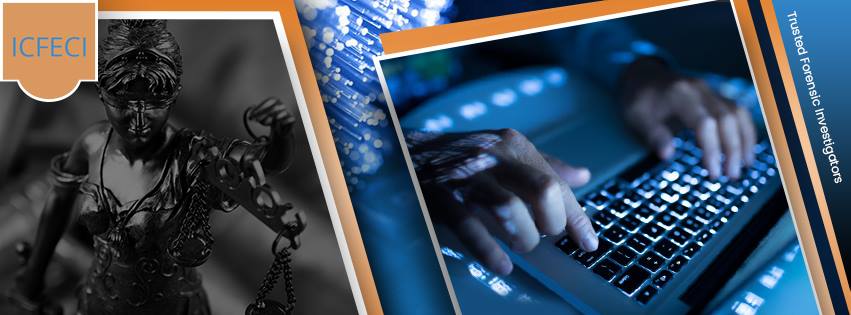As we go about our lives, it’s easy for our perspective to be clouded. The hardships we face are different to others, and their experiences can be completely alien to our own. The difference in the color of our skin, for example, is about more than how we look. When we can’t see what others go through, and we can’t recognise the adversities endured by certain groups, we are blind to their plight.
These invisible obstacles are faced by millions of people every day. Black, poor, uneducated, sick and marginalised people walk alongside us, suffering in a way that white, rich, educated, healthy and privileged people can never understand. These people face hurdles most of us cannot imagine.
Being accused of a crime we didn’t commit is stressful, traumatic, immobilising, draining and costly. No matter who you are, the effects of this are difficult to cope with – but they are devastating for those already struggling. Getting legal representation when you cannot afford it is near impossible, and dealing with the complex process of a case is mind boggling for the best of us, never mind those with limited resources.
ICFECI is committed to making sure these oppressed groups get the respect and dignity they deserve. We regularly deal with people who have been persecuted by society, and as such are at a much higher risk of false imprisonment. It is with deep sadness that we observe the disproportionate number of people being accused of crimes they did not commit, simply because of their race, class or disability.
These minorities are not only falsely accused, but they are often forced into illegal activities against their will. Whether it’s prostitution, violence or gangs, they can be coerced into criminal behaviour through no fault of their own. Instead of punishing the individual, the courts ought to look at the system enabling this way of life, and bring about change that will prevent minorities being forced into a life of crime.
We all have a duty to understand and help. When these invisible obstacles are made known to us, we cannot continue to turn a blind eye and look the other way. As a society, we owe it to every citizen to ensure they can live their best life – and this is no different when it comes to legal representation.
Resource: https://www.icfeci.com/invisible-obstacles/




